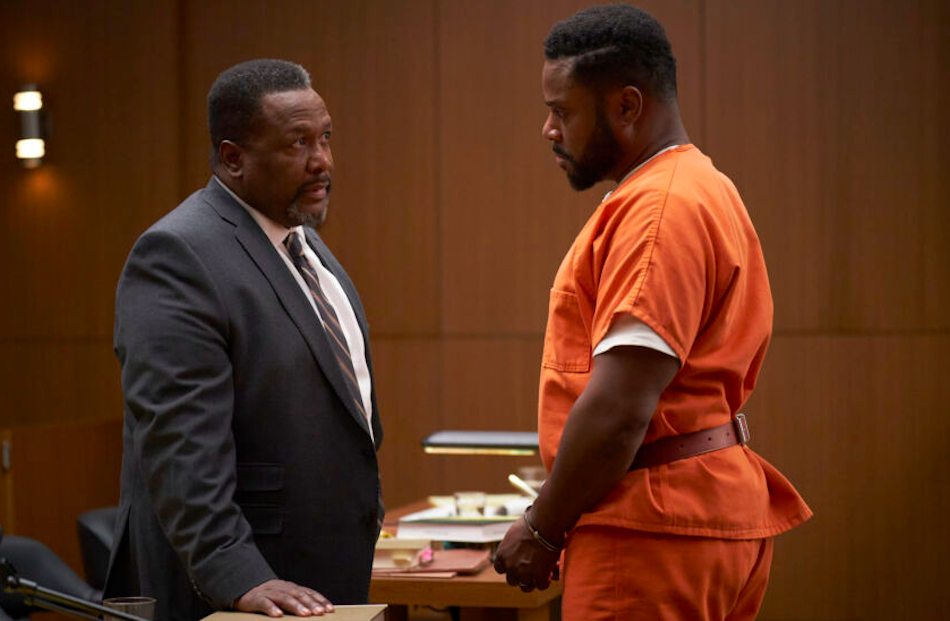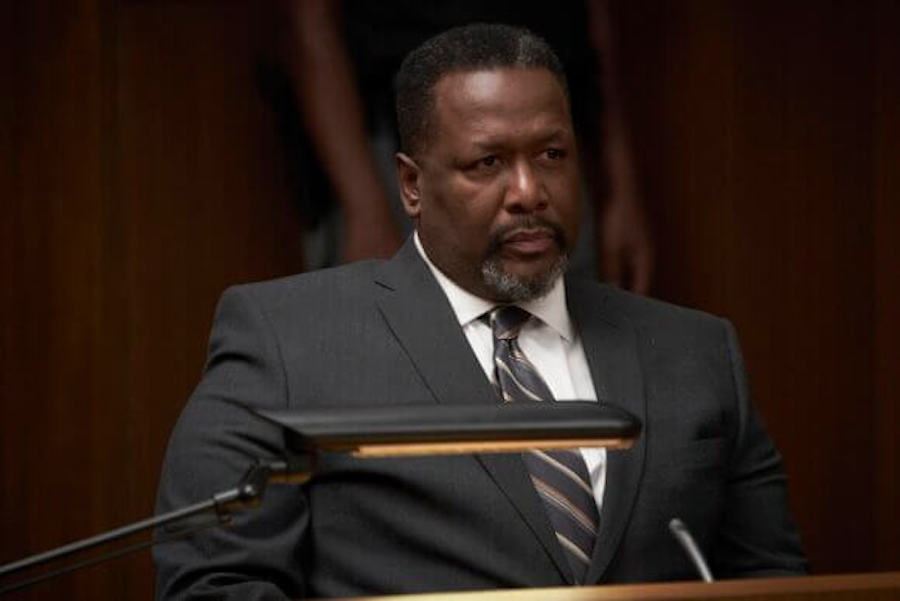In its fourth episode, Fox’s ‘Accused’ follows the story of a man named Kendall, whose life is upturned after a heinous crime is committed against his daughter. Believing in the law, Kendall lets the police officer investigate the case and find the culprit. However, his faith in the officer is shaken when his friends tell him that the officer didn’t help another man, named Omar Keelings when he was in need. This doubt becomes instrumental in deciding the course of the story, and the reason why Kendall doesn’t turn to the police officer for help when things get dire. Despite never appearing in the episode, Omar Keelings becomes an influential figure in Kendall’s life. If you are wondering who he is and if he is an actual person, then we’ve got you covered. SPOILERS AHEAD!
Omar Keelings: Fiction Mirroring Reality
The name of Omar Keelings is dropped in ‘Kendall’s Story’ when Kendall’s friend Lamar tells him about detective Trent Douglas. Lamar reveals that even though he is a black man, Douglas did nothing but watch when a white police officer killed Omar, another black man. He is concerned that Douglas will show the same inaction in finding out the man who molested Kendall’s daughter. The death of black people at the hands of white police officers has been a cause for concern over the years. But black people being killed by black police officers is also not unheard of. The TV show brings that subject on the screen through Trent Douglas by adding another layer over the distrust that already exists between the police officers and the public.

The most recent case that comes to mind in this context is that of 29-year-old Tyre Nichols. On January 7, 2023, Nichols was pulled over for reckless driving by five police officers who were black. Reportedly, he was tasered and pepper sprayed before being brutally beaten up by the officers. He was hospitalized for his injuries and died three days later. The true scale of police brutality came to light when a video depicting the officers beating Nichols surfaced. The fact that both the victim and the perpetrators belonged to the same race posed a more pertinent question about race relations and the conduct of police officers toward the African-American community.
Christy Lopez, a Georgetown University law professor talked to LA Times about how this highlights the inherent problems with the police system and how Nichols’ case reveals that it has more to do with the system than the people who are victimized because of it. “Yes, it does make some difference, and yes, race does matter — but the problems in policing are much bigger. Black police officers can be subject to the same stereotypes that white officers are. They can be pressured to conform, to be ‘more blue than Black,’ to prove they are more loyal to the badge and won’t show favoritism,” she said.
The accused officers were fired a few days after Nicholas’ death. They were also charged with second-degree murder, among other offenses. Talking about the officers who are said to have stood by while the brutality was taking place, an acquaintance of Nichols’ said, “I heard a couple of them were just standing around looking instead of saying, ‘Hey man don’t do that, stop!’ You’re just as guilty if you just stand there and let that happen. And what they’re doing to the black communities is wrong. We’re not worried about the race of the police officer. We’re worried about the conduct of the police officers.”
Through Trent Douglas, ‘Accused’ underlines this behavior which creates a distrust in minorities about the seriousness with which the cases relating to them or their family members will be handled. This is also what leads Kendall to partake in something brutal himself, feeding into the cycle of violence and destroying lives. Considering this, it is clear that the creators of ‘Kendall’s Story’ focused on real stories to create this fictional one.
Read More: Is Accused Episode 3 Based on a True Story?


You must be logged in to post a comment.